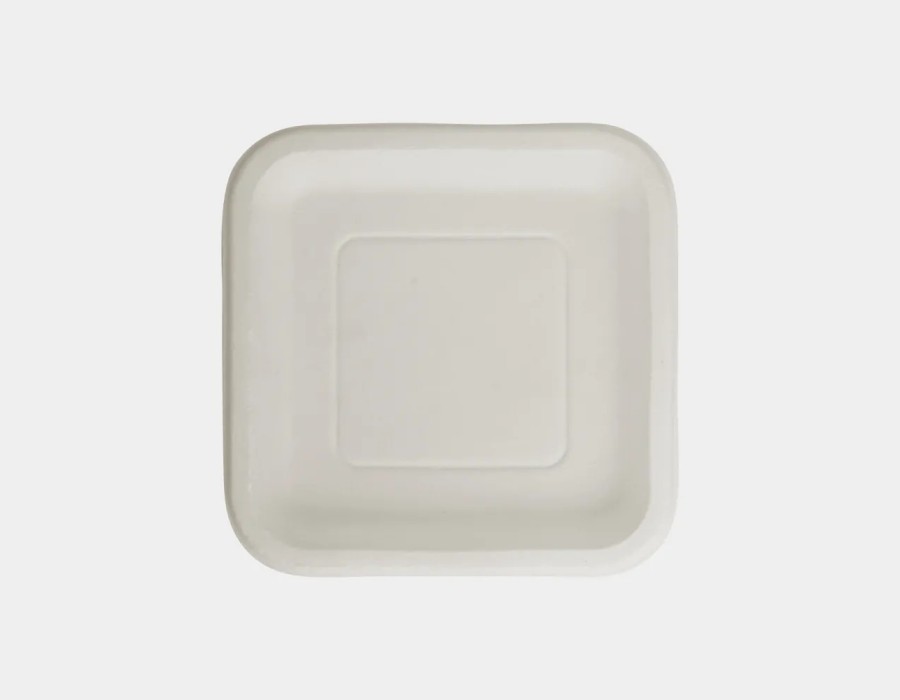As businesses and consumers seek sustainable solutions, biodegradable plates are becoming a popular alternative to plastic. These eco-friendly options offer both economic advantages and environmental benefits, making them a smart investment for individuals and businesses alike.
Reduced Waste Management Costs
Switching to biodegradable plates can lower disposal costs for businesses, especially those in the food and hospitality industries. Unlike plastic, which lingers in landfills, biodegradable plates decompose naturally, reducing waste accumulation and landfill fees.
Enhanced Brand Reputation
Consumers today are drawn to eco-conscious brands. Restaurants, caterers, and event organizers using biodegradable plates can attract environmentally aware customers, boosting sales and enhancing brand loyalty.
Compliance with Sustainability Regulations
Many regions are imposing restrictions on single-use plastics, encouraging businesses to transition to greener alternatives. Investing in biodegradable plates ensures compliance with evolving regulations, avoiding fines and legal hurdles.
Lower Carbon Footprint
Biodegradable plates are made from renewable materials like sugarcane bagasse, bamboo, and palm leaves, which require fewer resources to produce than plastic. This results in lower carbon emissions, contributing to a cleaner environment.
Supporting the Circular Economy
Unlike plastic plates, which contribute to pollution, biodegradable plates can be composted and returned to the soil. This closed-loop system reduces reliance on fossil fuels and supports a more sustainable economy.
Conclusion
Investing in biodegradable plates is a win-win for both businesses and the environment. By choosing sustainable alternatives, companies can cut costs, comply with regulations, and appeal to eco-conscious consumers, all while reducing their ecological impact.





Comments